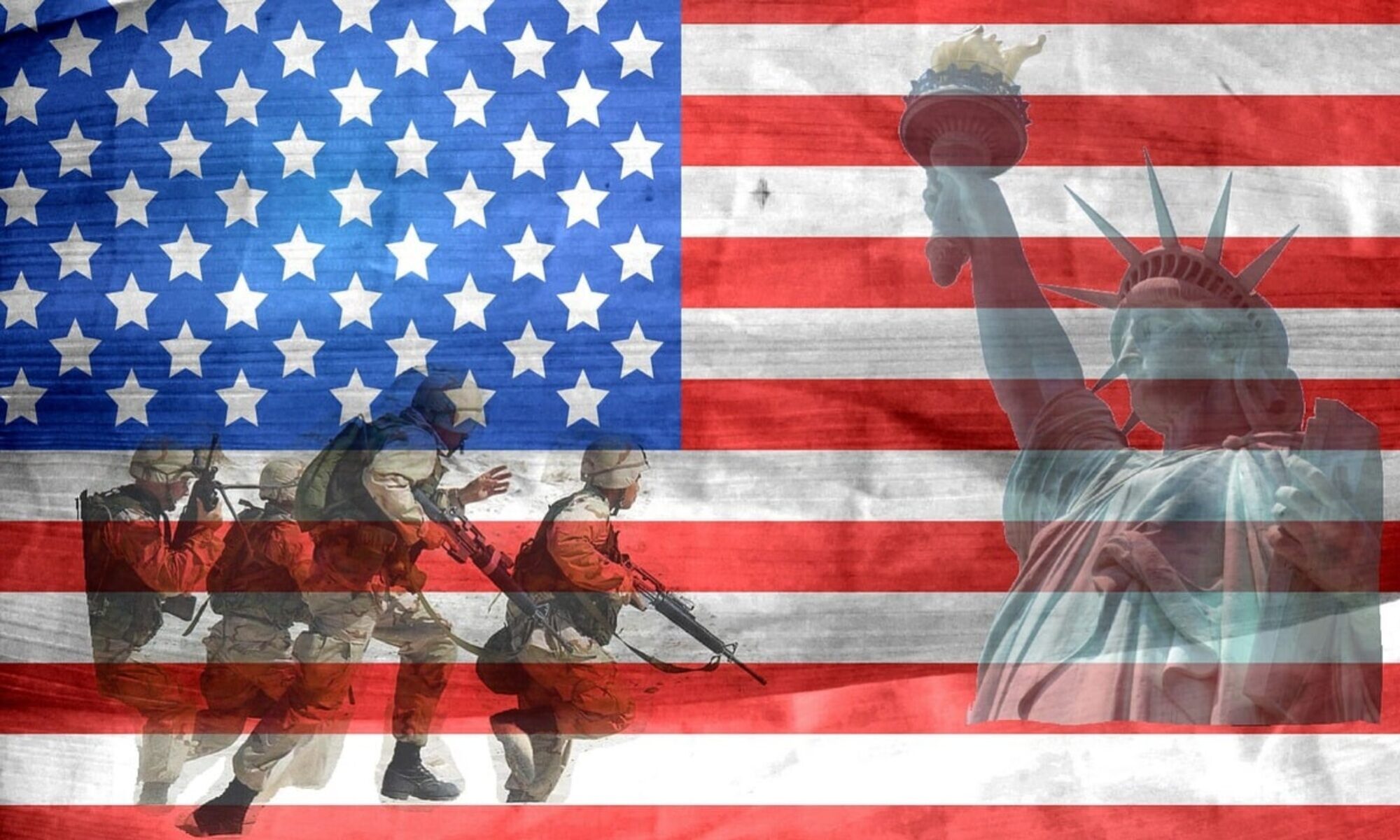The Role of Peer Support in the DAV: Veterans Helping Veterans
The Disabled American Veterans (DAV) organization is dedicated to improving the lives of veterans and their families. An essential part of this mission is the peer support program, where veterans help fellow veterans navigate the challenges of post-military life. Peer support leverages the shared experiences and understanding that only fellow veterans can offer, creating a unique and impactful form of assistance. In this article, we explore the role of peer support in the DAV and how it benefits both those receiving and providing the support.
What is Peer Support?
Definition Peer support is a form of assistance where individuals with similar experiences offer each other support, guidance, and encouragement. In the context of the DAV, peer support involves veterans helping other veterans cope with the transition to civilian life, manage mental health challenges, and access available resources.
Importance The shared military experience creates a unique bond that fosters trust and understanding. Veterans often feel more comfortable discussing their challenges and seeking advice from someone who has walked a similar path. Peer support can be a crucial component of recovery and reintegration, providing emotional and practical assistance that complements professional services.
Benefits of Peer Support
1. Building Trust and Understanding Veterans often face unique challenges that can be difficult for civilians to fully understand. Peer support bridges this gap, providing a safe space where veterans can share their experiences and feelings without fear of judgment. This understanding and empathy build trust, which is essential for effective support.
2. Reducing Isolation Many veterans experience feelings of isolation after leaving the military. Peer support programs create a sense of community and belonging, helping veterans connect with others who understand their struggles. These connections can alleviate loneliness and provide a network of support.
3. Enhancing Mental Health Engaging in peer support can have positive effects on mental health. Veterans who participate in peer support programs often report reduced symptoms of depression, anxiety, and PTSD. Sharing experiences and coping strategies can provide relief and promote healing.
4. Empowering Veterans Peer support empowers veterans by giving them a sense of purpose and the opportunity to help others. Those providing support gain confidence and a sense of fulfillment, while those receiving support benefit from practical advice and encouragement. This reciprocal relationship strengthens both parties.
How Peer Support Works in the DAV
1. Training Peer Support Volunteers The DAV provides training for veterans who wish to become peer support volunteers. This training covers essential skills such as active listening, empathy, and effective communication. Volunteers also learn about available resources and how to guide fellow veterans in accessing them.
2. Facilitating Support Groups Peer support often takes place in group settings where veterans can share their experiences and offer mutual support. These groups are facilitated by trained volunteers and provide a structured environment for discussion and connection. Support groups can be held in person or virtually, making them accessible to a broader audience.
3. One-on-One Support In addition to group settings, peer support can also be provided on a one-on-one basis. Veterans are matched with peer support volunteers who can offer personalized guidance and assistance. This individualized support can be particularly beneficial for veterans dealing with specific challenges or those who prefer a more private setting.
4. Integrating with Professional Services Peer support complements professional services offered by the DAV and other organizations. Volunteers can help veterans navigate the healthcare system, access mental health services, and connect with benefits and resources. This integrated approach ensures that veterans receive comprehensive support.
How to Get Involved
For Veterans Seeking Support If you are a veteran looking for peer support, the DAV can help you connect with trained volunteers and support groups. Visit the DAV’s Veteran Support page to learn more about available programs and services.
For Veterans Interested in Volunteering If you are a veteran who wants to give back by becoming a peer support volunteer, the DAV offers training and resources to help you get started. Visit the DAV of Idaho’s volunteer page to learn more about the application process and upcoming training sessions.
Conclusion
Peer support is a vital component of the DAV’s mission to support veterans and their families. By leveraging the shared experiences and understanding of fellow veterans, peer support programs provide essential emotional and practical assistance. Whether you are seeking support or looking to become a volunteer, the DAV offers opportunities to connect, share, and make a difference. Together, veterans can help each other navigate the challenges of post-military life and build a stronger, more supportive community.For more information on how to get involved, visit the DAV of Idaho’s volunteer page today.
